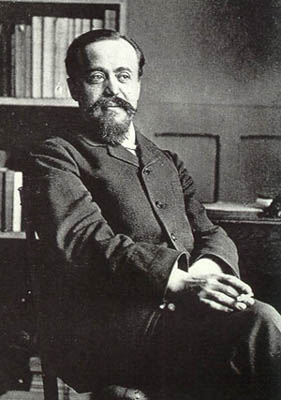

PAUL ABRAHAM DUKAS
1stOctober 1865 --- 17thMay 1935
Last Updated on October 2025
By Steven Ritchie
And now for the Music

NEW (4795)"Part of the Sonate". Sequenced by Steven Ritchie.
(4658)"Prelude Elegiaque". Sequenced by Steven Ritchie.
NEW (4799)"Villanelle for Horn and Orchestra". Sequencer Unknown.
NEW (4799)"A unknown piece to me". Sequencer Unknown.
Thanks to Scott for the music below, Email (hi_desert01@hotmail.com)
(2930)"The Sorcerer's Apprentice,(L'Apprenti sorcier)". Sequenced by Scott Anderson.
(2931)"The Sorcerer's Apprentice,(Fantasia version)". Sequenced by Scott Anderson.

If you done any Classical pieces of say for example, Delius, mozart, and so on etc,
please email them to the classical music site with details to
"classical (@) ntlworld.com" written this way to stop spammers
just remove spaces and brackets for email address, thank you.

Visitors to this page --

Back to Classical Midi Main Menu click "HERE"